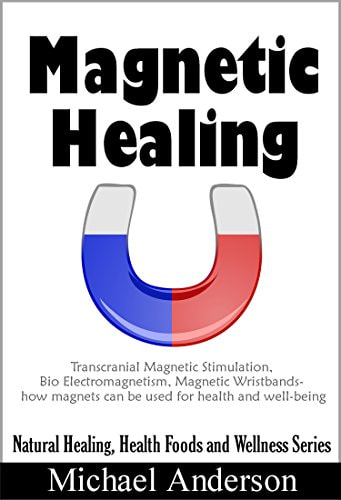There are three main nutrients of breakfast as proteins, fats and carbohydrates. These nutrients are present in every food, however their quantity varies. We need to take the right amount so that its excess cannot affect our health.
According to experts every meal should be divided in terms of such nutrients, and the breakfast should have following division of calories:
Carbohydrates contain every essential mineral and vitamin; it’s a main source of energy, hence we need it in high quantity. However, fats are of two types of which healthy fats should be used daily in the form of nuts, olive oil, and avocados etc. Protein is also essential that you can take from dairy products.
Another thing is calcium which is essential for our bones or teeth, and it should also be a part of our breakfast.
According to experts every meal should be divided in terms of such nutrients, and the breakfast should have following division of calories:
- Carbohydrates: 45
- Proteins: 35
- Fats: 20
Carbohydrates contain every essential mineral and vitamin; it’s a main source of energy, hence we need it in high quantity. However, fats are of two types of which healthy fats should be used daily in the form of nuts, olive oil, and avocados etc. Protein is also essential that you can take from dairy products.
Another thing is calcium which is essential for our bones or teeth, and it should also be a part of our breakfast.
| |
Carbohydrates
There are different ways through which you can add these minerals in your breakfast, as you can take whole grains because it is rich in fiber, minerals as well as vitamins. For breakfast you can have it in the form of whole grain cereals, whole grain breads, oatmeal, and granola that should be low-fat. You can have these carbohydrates in a moderate form.
Protein
Protein keeps you full; hence you will not take many calories. You can have one cup of skim milk as it is fatless with 8 grams of protein. You can also add skim milk to coffee, tea, oatmeal or any cereal.
Eggs are also good source of protein, and one large egg has only 70 calories with 6 g of protein, and only 5 g of fat, however it has more cholesterol so those who have cholesterol issues should avoid eggs. You should also avoid sausages or bacon because these are rich in fat.
There are different ways through which you can add these minerals in your breakfast, as you can take whole grains because it is rich in fiber, minerals as well as vitamins. For breakfast you can have it in the form of whole grain cereals, whole grain breads, oatmeal, and granola that should be low-fat. You can have these carbohydrates in a moderate form.
Protein
Protein keeps you full; hence you will not take many calories. You can have one cup of skim milk as it is fatless with 8 grams of protein. You can also add skim milk to coffee, tea, oatmeal or any cereal.
Eggs are also good source of protein, and one large egg has only 70 calories with 6 g of protein, and only 5 g of fat, however it has more cholesterol so those who have cholesterol issues should avoid eggs. You should also avoid sausages or bacon because these are rich in fat.
Calcium
How much calcium you should take depends on your age as well as gender; but as an average you should have 1,000 mg of calcium on a regular basis. The main sources are milk, yogurt and cheese, but adults should have low-fat diet so better use skim milk which has 306 mg of calcium. Whereas, low-fat cheese has 207 mg of calcium and an 8-ounce fat-free yogurt has 452 mg of calcium. However, children has no issues with fat hence they can take normal foods.
Fiber
This is also essential and you can take it in the form of whole grain bread, and fruits or fruit juices. You can also add fiber rich fruits in your cereal or low-fat yogurt.
How much calcium you should take depends on your age as well as gender; but as an average you should have 1,000 mg of calcium on a regular basis. The main sources are milk, yogurt and cheese, but adults should have low-fat diet so better use skim milk which has 306 mg of calcium. Whereas, low-fat cheese has 207 mg of calcium and an 8-ounce fat-free yogurt has 452 mg of calcium. However, children has no issues with fat hence they can take normal foods.
Fiber
This is also essential and you can take it in the form of whole grain bread, and fruits or fruit juices. You can also add fiber rich fruits in your cereal or low-fat yogurt.
#loseweight #weightloss #smartbreakfast #eatingsmart #eatinghealthy #healthysnacks #healthandwellness #healthfoods

















